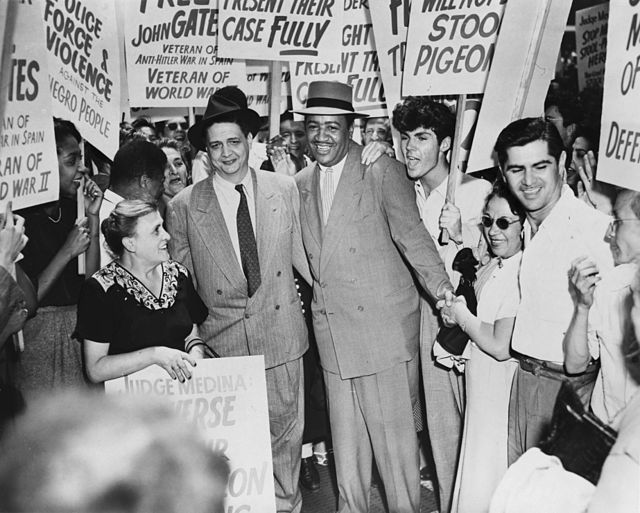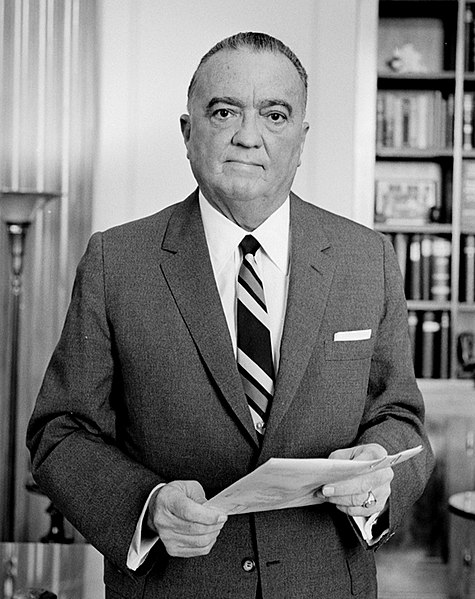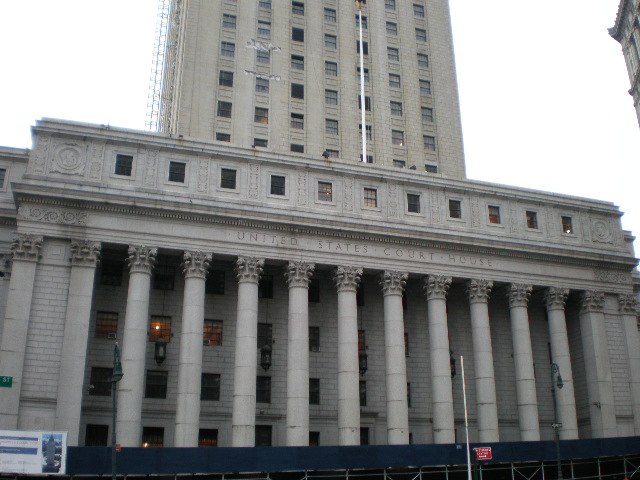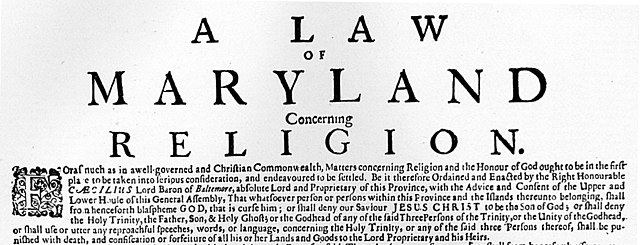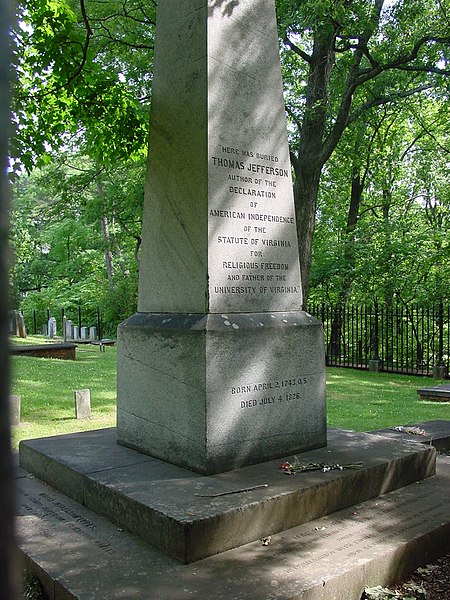Smith Act trials of Communist Party leaders
The Smith Act trials of Communist Party leaders in New York City from 1949 to 1958 were the result of US federal government prosecutions in the postwar period and during the Cold War between the Soviet Union and the United States. Leaders of the Communist Party of the United States (CPUSA) were accused of violating the Smith Act, a statute that prohibited advocating violent overthrow of the government. The defendants argued that they advocated a peaceful transition to socialism, and that the First Amendment's guarantee of freedom of speech and of association protected their membership in a political party. Appeals from these trials reached the US Supreme Court, which ruled on issues in Dennis v. United States (1951) and Yates v. United States (1957).
Defendants Robert Thompson and Benjamin J. Davis with supporters
This 1919 political cartoon reflects U.S. fears about Bolshevism and anarchism during the First Red Scare.
J. Edgar Hoover.
The 1949 trial was held in the Foley Square federal courthouse in Manhattan.
First Amendment to the United States Constitution
The First Amendment to the United States Constitution prevents the government from making laws respecting an establishment of religion; prohibiting the free exercise of religion; or abridging the freedom of speech, the freedom of the press, the freedom of assembly, or the right to petition the government for redress of grievances. It was adopted on December 15, 1791, as one of the ten amendments that constitute the Bill of Rights.
The hand-written copy of the proposed articles of amendment passed by Congress in 1789, cropped to show just the text in the third article that would later be ratified as the First Amendment
James Madison, drafter of the Bill of Rights
The Maryland Toleration Act secured religious liberty in the English colony of Maryland. Similar laws were passed in the Rhode Island and Providence Plantations, Connecticut and Pennsylvania. These laws stood in direct contrast with the Puritan theocratic rule in the Plymouth and Massachusetts Bay colonies.
Thomas Jefferson's tombstone. The inscription, as he stipulated, reads "Here was buried Thomas Jefferson, author of the Declaration of American Independence, of the Statute of Virginia for Religious Freedom, and father of the University of Virginia."

